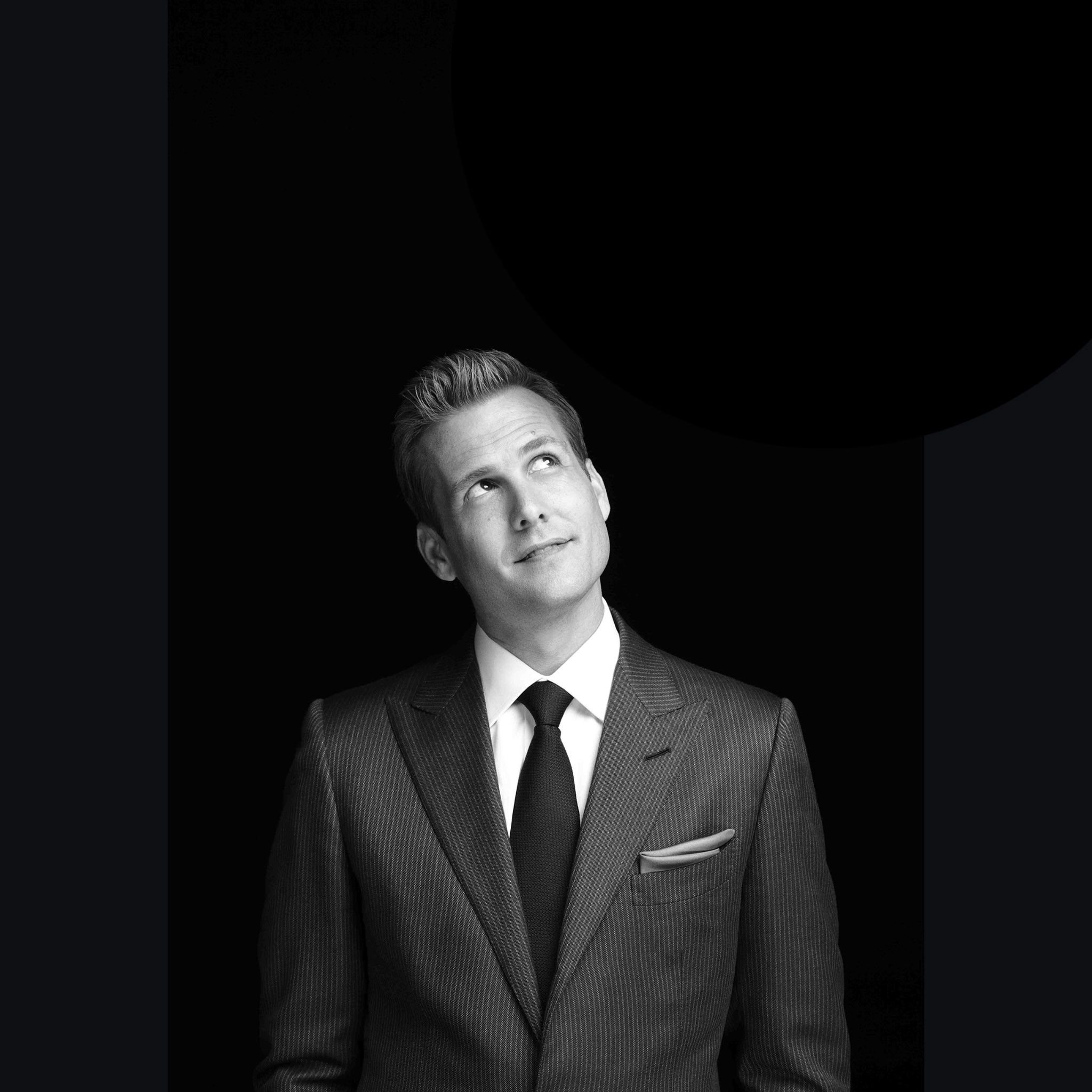5 Top Misconceptions About Becoming A Consultant In The NHS
Check out this rather tongue-in-cheek account Dr Ola Abbas gives us on the top misconceptions you'll face when taking a NHS Consultant role.

Congratulations, you’ve hit the finish line and headed for a consultant job!
The years of slogging away on the trainee rota have come to an end.
You’ve worked so hard trying to balance a life and a career, eventually having to drop the pretending act of having a life and succumb to spending your weekends off to getting the portfolio sorted, working from bed in your jammies because you’ve lost the will to get dressed or get out of bed.
The author may or may not have done that with a tub of Ben and Jerry in hand.
I feel you, I’ve been there, done that, I’ve got the T-shirt and the stomach ulcer as well. I’ve been a Registrar not long ago. I’ve been a Medical Registrar so I know first hand the abuse the job could do to your soul and every fibre of your being.
I’ve also been a Registrar in Intensive Care which has been an interesting Yang to my Yin (other specialty).
Like you, I’ve been looking for that finish line – ever so eager to end my era as a Registrar and join the high-flyers group ‘The Consultants’.
As I’m typing this, a scene from Suits (the Netflix show) came to mind when Harvey spends a heck of a lot of time, effort and money proving himself to be senior partner at the firm and once he gets that honour he gets a heap of hell to deal with and in later episodes it makes him wonder what he got himself in.
Oops was that a spoiler alert to what I’m going to say next?

Being an outspoken person, and having friends who are nearing the end of their Registrar era, I’ve been having a lot of questions about what is it like to be a Consultant.
Is it really worth it?
Is the grass greener on the other side?
I wish I can give you a simple yes and no to this one.
The grass is greener, how much greener though will depend on the match between provisions of the role you’re walking into and your expectations.
Also, one can argue that there are 50 shades of green in this case. I know NHS Consultants in my same specialities working in the same region, in a different hospital and they are on totally different field to me. A lot of that has to do with the ethos of the Trust and the kind of culture they grow or tolerate.
When you walk into a NHS Consultant role, walk in with eyes wide open and learn to temper your expectations. If it’s something that just pays the bills for you, then maybe you’d ought to examine other career options where you’d be happy, healthy and earning your worth rather than accepting working on a semi-green field, working hard to harvest crop that may or may not grow.
I took the consultant job with a puffed chest, keen, and eager. I’ve spent the last decade or so training for this, like Harvey I walked in with swagger, and I wanted my name on the door.
Little did I know that my expectations were up here and the job was down here, as Harvey would say.
Here are the 5 top misconceptions I’ve witnessed about becoming a Consultant in the NHS and how to avoid the disappointment:
Misconception 1:
You’ll finally be at the top of the ‘food chain’ and call the shots as a Consultant
Although you’ll have a lot of decision-making power as a Consultant, management still sits at the top of the employment pyramid and you’re somewhat two levels down from there.
There are two ways around this:
- Learn about management in your senior training years, doing a project will give you experience and lead the way to you taking a management role so you can try the ‘if you can’t beat them join them’ thing and see how it works out for you.
- Choose to focus on your patients, keep it clean err I mean keep it clinical and let management do what they do.
Misconception 2:
You’ll have an office with big windows, a lush oak desk and a secretary at the door
No mum, I work in the basement.
We hot desk, the air-conditioning is almost always broken and there’s an admin in the department who made it clear she ain’t doing secretarial work.

Being a Consultant is a prestigious role, but the budget doesn’t allow for prestige in the NHS. If you’re after an office or even a locker you might be disappointed.
When you’re applying for a job if that’s important for you make sure you clarify it, not with the Clinical Director though and not at your job interview!
Misconception 3:
You’ve reached the pinnacle of your NHS career
It might be for some. The reality is that you’ll still be learning, and you’ll still need to develop in your career. So conferences, subspecialisation, different roles in management and education will come up.
Reality is you’ll be finding yourself at the base camp of yet another mountain you need to climb.
Treat consultancy as a big milestone and know there’s more to come after that.
Misconception 4:
As a NHS Consultant you’ll be earning 6 figures
That’s a misconception probably for people outside of the NHS/medical world. You won’t reach that figure till about 7-8 years being a NHS Consultant. Of course it depends on how many sessions you take and if you do private work or not.
Budgeting or creating extra income from St. elsewhere is important. Especially that your pay for the first few months will be messed up as if you’re the first ever Consultant that has been appointed.
Misconception 5:
You can only apply for a Consultant role in one hospital at a time
Certainly not! There’s some tact that goes with applying to different hospitals at the same time but you shouldn’t feel limited in your career options.
Stay transparent and keep communication open with all parties and you’ll be good.
Questioning if you need to move from a career as a Consultant in the NHS? Check this interview between Dr Abeyna Bubbers-Jones and James McFetrich who walked away from a clinical consultant career to being self-employed.
Ola Abbas
Latest posts by Ola Abbas (see all)
- How to resign from the NHS as a doctor - 7th December 2022
- 5 Top Misconceptions About Becoming A Consultant In The NHS - 6th September 2022
